THE BOOKER Prize is one of the most celebrated literary awards in the world, shining a light on the best novels written in English and published in the United Kingdom or Ireland. Established in 1969, it has grown into a global marker of literary excellence. It has helped launch authors’ careers, spark conversation about storytelling, and shape what so many of us reach for on our bookshelves.
Why the Booker Prize matters to readers
For many readers, the Booker Prize isn’t just an award ceremony–it’s a trusted way to discover great fiction. A book that makes the longlist, shortlist, or wins outright instantly earns a spot on many “to-be-read” (TBR) lists. And, as our reading allies attest, the prize points us toward stories worth our time.
Take Nique Jardiolin (@chroniqled on IG and FB), who loves how the Booker Prize introduces her to new, relevant literature. “Whenever I see that a book has been longlisted for the Booker Prize, may it be in the current year or from past years, I am immediately interested in it,” she says.
Recent winners of the Booker Prize highlight the award’s breadth and inclusivity–showcasing authors from across the globe, writing in diverse genres, and exploring themes that span politics, identity, family, migration, and more. Some recent examples include Bernardine Evaristo’s Girl, Woman, Other (2019 co-winner), which celebrated black British women’s voices through the lives of 12 women, and Damon Galgut’s The Promise (2021 winner), which painted a piercing portrait of South African history through the lens of a single family.
For Geisha Sabayle (@bookxchild on IG), the magic of the Booker Prize lies in how it celebrates great writing and stimulates discussion around contemporary fiction. “I love how the Booker Prize celebrates the written word, amplifies diverse voices, and offers recognition where it’s due. There are so many underrated books that need to be spotlighted, and the Booker Prize never fails to choose thought-provoking, beautifully written fiction,” she explains.
Booker Prize-winning novels to add to your TBR
The winner of this year’s Booker Prize will be revealed on November 10, 2025. While we wait for this year’s winner, dive into these five books that have won the prize in previous years, plus three more books that made this year’s longlist.
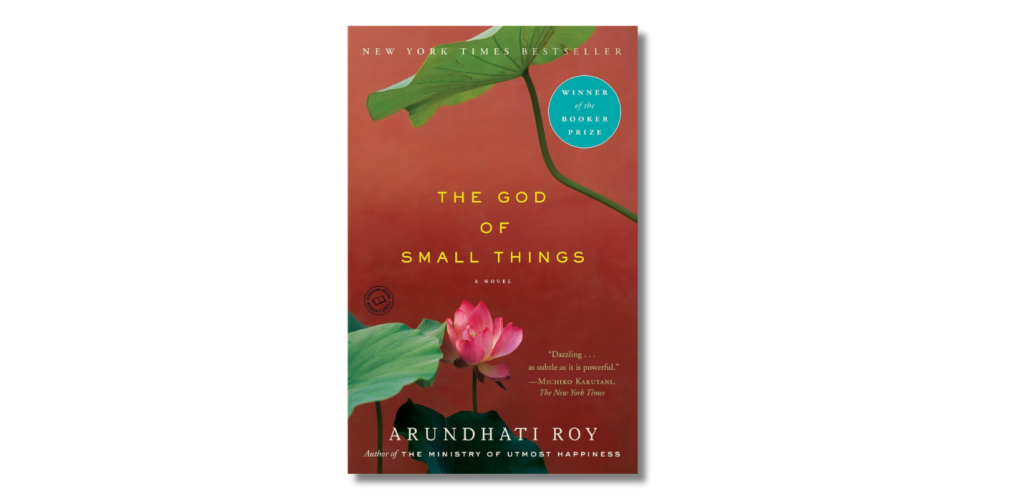
The God of Small Things by Arundhati Roy
Won the 1997 Booker Prize (literary fiction)
Arundhati Roy’s debut novel tells the story of fraternal twins, Rahel and Estha, growing up in Kerala, India, in the 1960s, until their reunion as adults in 1993. The novel explores the complexities of their family dynamics, particularly the relationship between their mother, Ammu, and the family’s “Untouchable” handyman, Velutha.
With her lush, lyrical writing, Roy pulls readers into a deeply moving exploration of memory, loss, and the unspoken rules that shape people’s lives. Reading the novel will remind readers how the “small things” in everyday life can echo with enormous consequences.
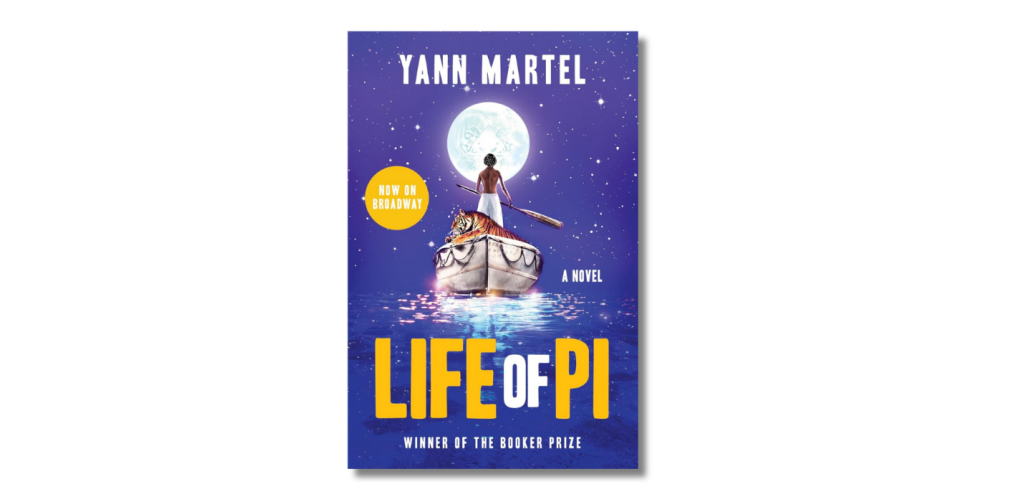
Life of Pi by Yann Martel
Won the 2002 Booker Prize (fantasy and adventure fiction)
Life of Pi is the story of Piscine Molitor “Pi” Patel, an Indian boy from Pondicherry who was stranded on a lifeboat in the middle of the Pacific Ocean with a hyena, a zebra, an orangutan, and a Bengal tiger named Richard Parker. In the novel, Pi recounted his experiences, detailing the challenges he faced in surviving alongside the dangerous animals on the lifeboat.
Through Pi’s journey, Yann Martel invites readers to reflect on truth, faith, and the power of storytelling. It shows how belief and hope can sustain humans, even in the darkest of times. The book also proves that fiction can both entertain and explore the meaning of life.
The book was also adapted into a film in 2012 and won four Academy Awards: Best Director, Best Music (Original Score), Best Cinematography, and Best Visual Effects.
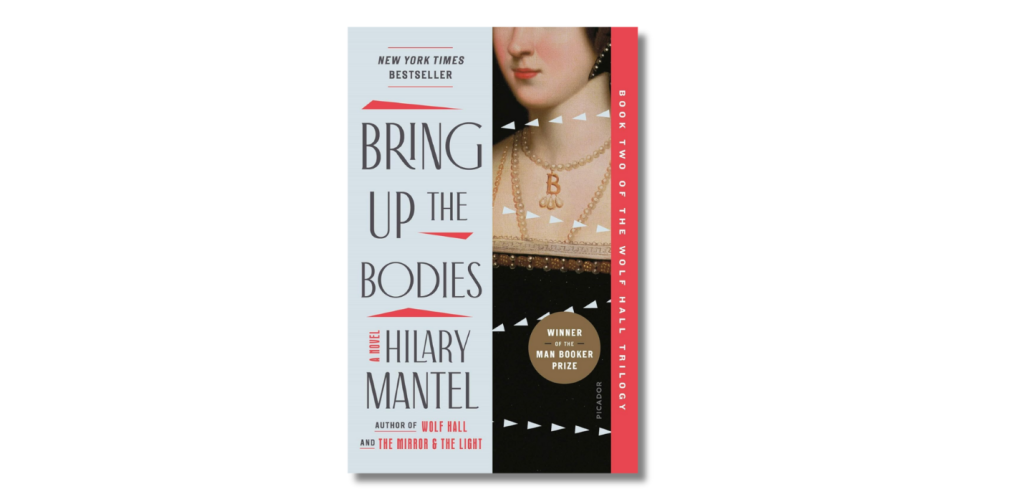
Bring Up the Bodies by Hilary Mantel
Won the 2012 Booker Prize (historical fiction)
This novel is the second part of a trilogy set in Tudor-era England. It continues the story of Thomas Cromwell, a powerful advisor to Henry VIII, as he navigates the treacherous world of Tudor court politics. Bring Up the Bodies centers around the downfall of Anne Boleyn, Henry VIII’s second wife, and Cromwell’s complex role in her execution.
This historical reimagining is rich and sharp, capturing both the grandeur and the brutality of the Tudor court. Through Hilary Mantel’s prose, readers can feel that they are witnessing the events as they unfold in real time.
The other books in this series are Wolf Hall (part 1 of the trilogy) and The Mirror & the Light (part 3 of the trilogy).
The Testaments by Margaret Atwood
Won the 2019 Booker Prize (literary fiction)
Set 15 years after the events of The Handmaid’s Tale, the novel takes place in the Republic of Gilead, a totalitarian, patriarchal society that has overthrown the United States government. The novel is narrated through the voices of three women: Aunt Lydia, who has since become a high-ranking official in Gilead; Agnes Jemima, a young woman who is being groomed to become an Aunt; and Daisy, a young woman in Canada who discovers her connection to Gilead.
Through these perspectives, Margaret Atwood reveals how Gilead sustains its power, how the outside world sees the republic, and how pockets of resistance form. Balancing suspense with sharp social commentary, The Testaments is an exploration of courage in the face of oppression.
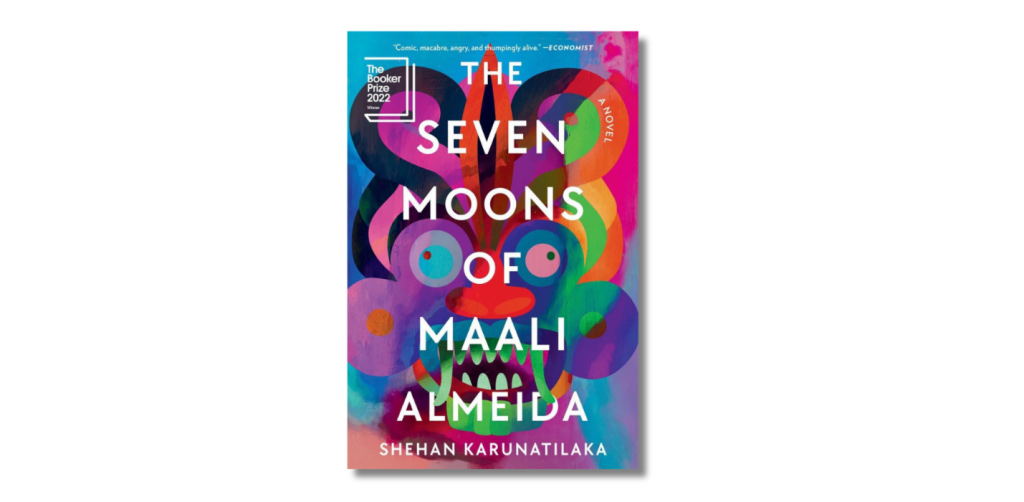
The Seven Moons of Maali Almeida by Shehan Karunatilaka
Won the 2022 Booker Prize (fantasy/history/political satire)
The novel tells the story of Maali Almeida, a dead Sri Lankan photographer who wakes up in the space between the world of the living and the afterlife. He was given seven days (“seven moons”) to complete his unfinished business, including solving his own murder and exposing the violence and brutalities of the Sri Lankan Civil War.
There is dark humor, magical realism, and political history all rolled into one in this novel. Shehan Karunatilaka takes readers on a moving story of war, memory, and truth, and pushes them to think about what really makes life meaningful.
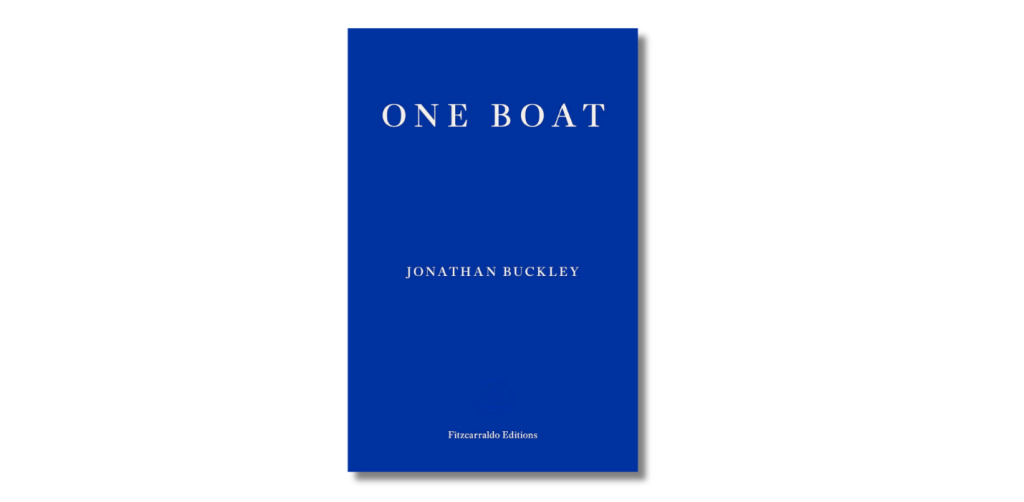
One Boat by Jonathan Buckley
Longlisted in the 2025 Booker Prize; published March 13, 2025
One Boat is the story of Teresa, who, after losing her father, returns to a small Greek coastal town where she had grieved her mother nine years earlier. She reconnects with familiar faces, including Petros, a mechanic; Niko, a diving instructor; and Xanthe, a waitress. Through conversations with these characters, Teresa reflects on her emotions, longings, and sense of identity.
The novel’s non-linear structure, overthinking narrator, and flashbacks and dreams can make this a challenging read. But still, critics have praised how Jonathan Buckley weaves together the themes of responsibility, revenge, choice, and memory, while capturing quiet moments of grief and human connection.
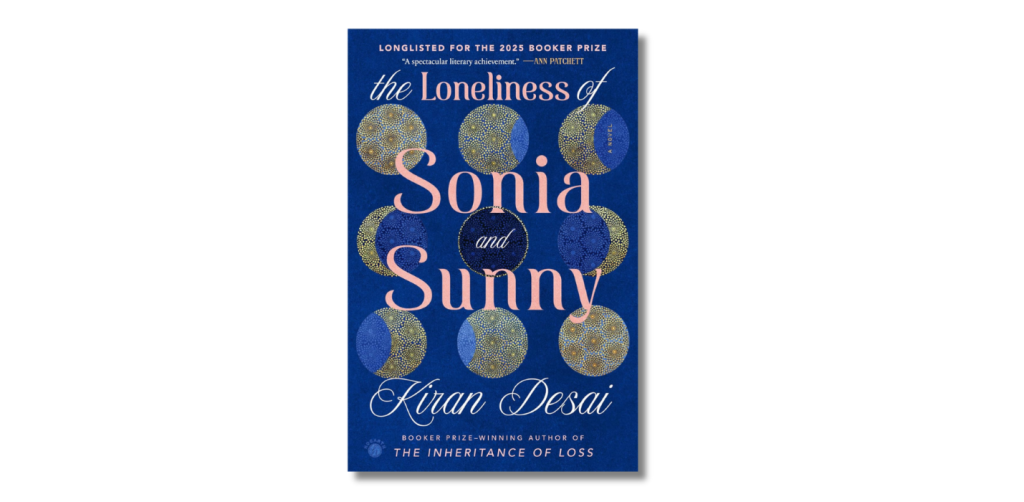
The Loneliness of Sonia and Sunny by Kiran Desai
Longlisted in the 2025 Booker Prize; to be released September 25, 2025
The Loneliness of Sonia and Sunny is about two young individuals from different backgrounds who meet on an overnight train, feeling both drawn to each other and awkward due to their grandparents’ past matchmaking attempts. Sonia, an aspiring novelist, returns to India fearing a dark spell, while Sunny, a struggling journalist in New York, tries to escape his family’s conflicts. Together, they navigate love, identity, and cultural heritage, confronting the challenges of modern life.
Longlisted for this year’s Booker Prize even before its release, this novel has already been called a masterpiece by critics–through this story, Kiran Desai presents an intimate exploration of loneliness with a surprising dash of humor and emotional depth.
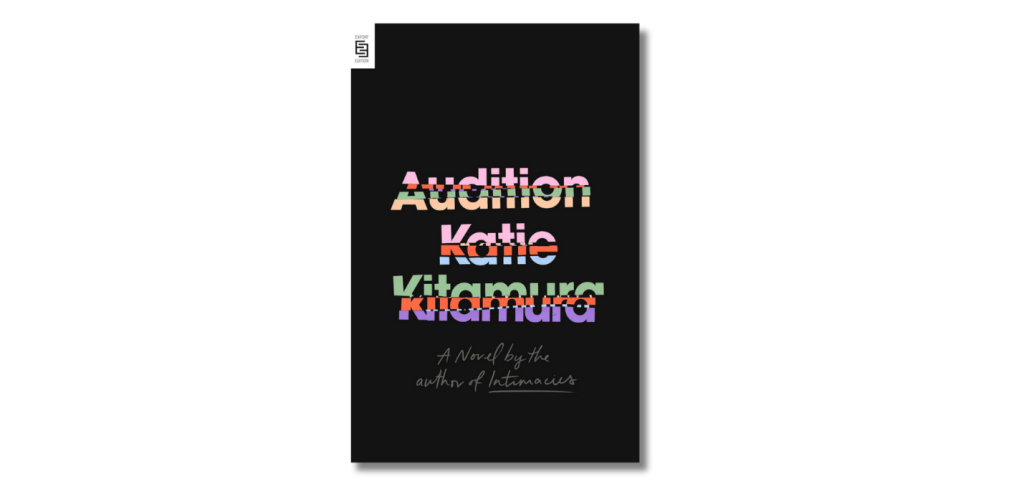
Audition by Katie Kitamura
Longlisted in the 2025 Booker Prize, published April 8, 2025
Two people meet for lunch in a Manhattan restaurant. She’s an accomplished actress preparing for an upcoming premiere. He’s attractive, unsettling, and young—young enough to be her son. Who is he to her, and who is she to him?
With clear-eyed prose and razor-sharp observations on performance and identity, Katie Kitamura delves into the inner life—and divided self—of a middle-aged woman navigating family ties, selfhood, and desire. Critics praise Kitamura not only for bending the psychological genre but also for redefining how a novel can unfold.
—
Whether you’re drawn to historical fiction, literary fiction, or other genres, the Booker Prize is a treasure trove of compelling reads–one that, for reading ally Prin Malonzo (@pryngols on IG), feels like a personal recommendation service. “It’s like having a well-read friend who gives you suggestions. I trust their picks to be modern classics or future timeless reads,” she shares.
That’s what makes the Booker Prize so enduring: it guides readers toward stories that both reflect our world and stand the test of time, while continuing to connect readers everywhere through a shared celebration of literature.



